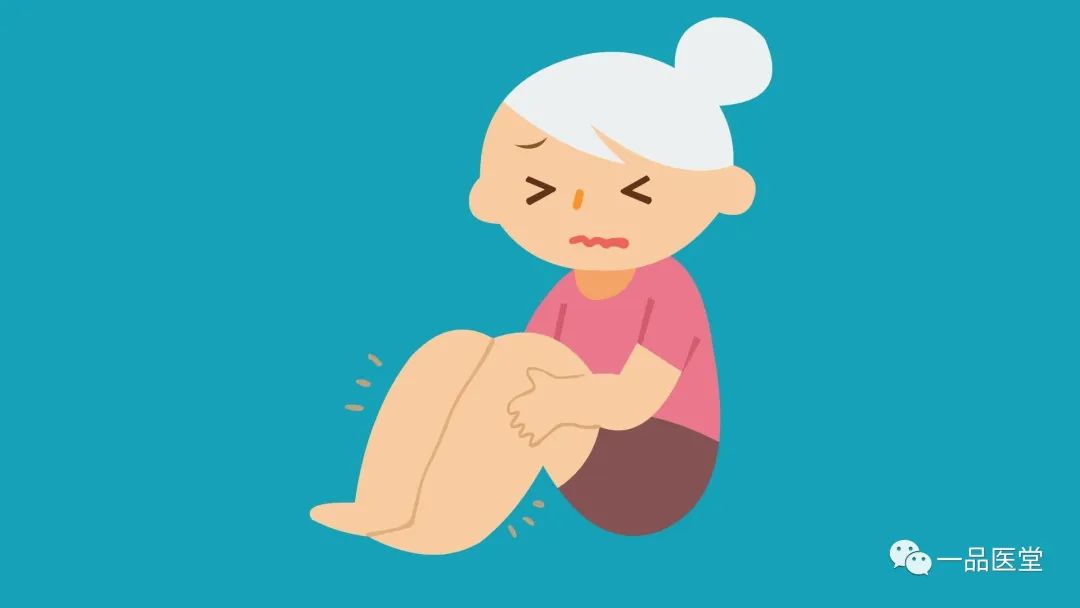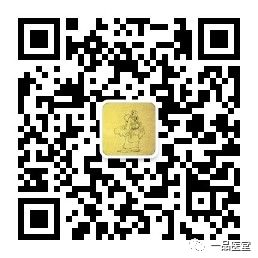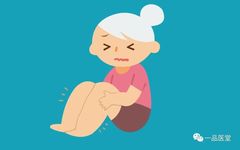 Heaviness and Swelling of the Legs
Heaviness and Swelling of the Legs
Heaviness and swelling of the legs are symptoms of the lower jiao (lower abdomen), corresponding to the pulse diagnosis site of the Chi pulse (尺脉). Clinically, the Chi pulse can be used to determine whether a patient has heaviness and swelling in the legs.
Excess moisture tends to descend, and heaviness and swelling of the legs are often caused by cold-dampness or damp-heat descending, thus the Chi pulse often presents as a deep pulse (沉脉).
A deep Chi pulse does not necessarily indicate heaviness and swelling of the legs; one can also examine the patient’s tongue quality and coating. If the tongue is swollen or the coating is thick and white, it indicates a significant presence of dampness, often leading to cold-dampness descending to the legs, resulting in symptoms of heaviness and swelling.
Clinically, the Chi pulse associated with heaviness and swelling of the legs often presents as thin and slippery (沉细和沉滑).
1. Thin Deep Pulse (沉细)
The deep pulse indicates internal conditions, which relate to water; the thin pulse indicates deficiency, often suggesting blood deficiency. Therefore, a thin deep Chi pulse often indicates a condition of blood deficiency with dampness.
This condition is commonly seen in female patients, who may also experience increased vaginal discharge, general fatigue, occasional lower abdominal pain, irregular menstruation, dysmenorrhea, or a feeling of heaviness and pain in the lower abdomen during menstruation. The tongue is pale red with a slightly greasy white coating, and Dang Gui Shao Yao San (当归芍药散) can be used with modifications.
If the Guan pulse (关脉) is slightly wiry and weak upon heavy palpation, along with poor appetite or abdominal distension after eating, it often indicates a condition of qi stagnation and fluid retention, which can be treated with Si Ni San (四逆散) and Dang Gui Shao Yao San (当归芍药散).
If the patient is irritable or easily angered, Xiao Yao San (逍遥散) combined with Dang Gui Shao Yao San (当归芍药散) can be used.
If the patient experiences soreness and pain in the legs, one can add Ji Xue Teng (鸡血藤) to nourish the blood and relax the tendons based on the diagnosis.
The thin deep pulse is also commonly seen in patients with kidney disease. Traditional Chinese Medicine states, “Observe color and palpate the pulse, first distinguish yin and yang.” Some kidney disease patients may present with swollen eyelids, pale complexion, and may have been on long-term hormone therapy, often appearing overweight with a moon face and buffalo hump. These patients frequently experience heaviness and swelling in the legs, reduced urine output or frequent urination, and some may have swollen eyelids upon waking, which is a typical case of internal water retention, treatable with Yue Bi Jia Shu Tang (越婢加术汤) with modifications.
Clinically, for patients with conditions similar to “chronic kidney disease,” the tongue coating can be thick or not, and this formula can be applied.
According to the Jin Gui Yao Lue (《金匮要略·水气病脉证并治》), “For internal water, the whole body and face are yellow and swollen, the pulse is deep, and urination is not smooth, hence the disease is water. If urination is smooth, it indicates loss of body fluids, hence thirst; Yue Bi Jia Shu Tang (越婢加术汤) is the main treatment for this.”
Additionally, the thin deep pulse often indicates deficiency, particularly in the lower jiao. For instance, some patients with diabetes and infertility may present with a red tongue and little coating, heaviness in the legs, weakness, and sometimes symptoms related to the prostate, with a feeling of cold in the perineum and occasional mild aversion to cold. The pulse is thin and deep, especially weak in the Chi pulse, and at this time, Ba Wei Shen Qi Wan (八味肾气丸) can be used.
These symptoms are not clearly outlined in the Jin Gui Yao Lue, mainly involving two conditions: one is “urinating a lot while drinking a lot,” and the other is “women with pregnancy disease, unable to urinate.” In TCM terms, this is described as “both yin and yang are deficient, and the bladder’s qi transformation is weak,” indicating deficiency in the lower jiao.
Last year, I treated a diabetic patient whose postprandial blood sugar was over 18, and despite changing many hypoglycemic medications, it remained uncontrolled. After starting insulin, it fluctuated. His symptoms included a red tongue without coating, a thin deep pulse with weakness, soreness in the lower back and knees, and heaviness in the legs. I used Ba Wei Shen Qi Wan (八味肾气丸) with an addition of Sheng Shi Gao (生石膏), and after 7 doses, his blood sugar improved.
2. Slippery Deep Pulse (沉滑)
The deep pulse indicates internal conditions, which relate to water; the slippery pulse indicates heat. The combination of water and heat results in damp-heat syndrome, thus a slippery deep Chi pulse often indicates damp-heat descending.
Damp-heat descending leading to heaviness and swelling of the legs is commonly treated with Si Miao San (四妙散) with modifications.
If the patient also has symptoms of fullness in the stomach, poor appetite, and abdominal distension, along with loose stools and symptoms of heat such as thirst, Chai Hu Gui Zhi Gan Jiang Tang (柴胡桂枝干姜汤) combined with Si Miao San (四妙散) can be used.
If the patient has loose stools, is sensitive to cold in the stomach, and experiences diarrhea after consuming cold drinks or fruits, with a dry mouth, Fu Zi Li Zhong Tang (附子理中汤) combined with Si Miao San (四妙散) can be used.
When damp-heat descends primarily in the lower jiao, in addition to heaviness and swelling of the legs and fatigue, there are often urinary issues including frequent urination, urgency, painful urination, and burning sensations, which can be treated with Zhu Ling Tang (猪苓汤), commonly seen in conditions like prostatitis, pyelonephritis, cystitis, urinary tract infections, and urinary stones.
Zhu Ling Tang (猪苓汤) is noted in the Shang Han Lun (《伤寒论》) for having a floating pulse. In Shang Han Lun section 223, it states: “If the pulse is floating, fever, thirst, and urinary issues, Zhu Ling Tang (猪苓汤) is the main treatment for this.”
In fact, for damp-heat descending leading to heaviness and swelling of the legs, the pulse does not necessarily have to be floating; it often presents as a slippery deep Chi pulse because the damp-heat has settled in the lower jiao.
In addition to heaviness and swelling of the legs, there is often a yellow thick coating or yellow greasy coating on the tongue, and sometimes the patient may not necessarily feel thirsty, as there is both dampness and heat present, leading to a sticky mouth.
Damp-heat in the stool often results in sticky stools, making bowel movements uncomfortable, thus it is necessary to clear heat and resolve dampness. If the stools are dry, it indicates excess in the yangming organ, and Zhu Ling Tang (猪苓汤) can be combined with Da Huang (大黄).
It is important to note that clinically, for heaviness and swelling of the legs caused by damp-heat descending, there may not always be thirst, and the tongue coating may not always be yellow and thick. The main distinguishing point from heaviness and swelling caused by cold-dampness is the slipperiness of the Chi pulse.

“Classical Formula” Usage of Ginger
Chai Hu Wen Dan Tang (柴胡温胆汤)

